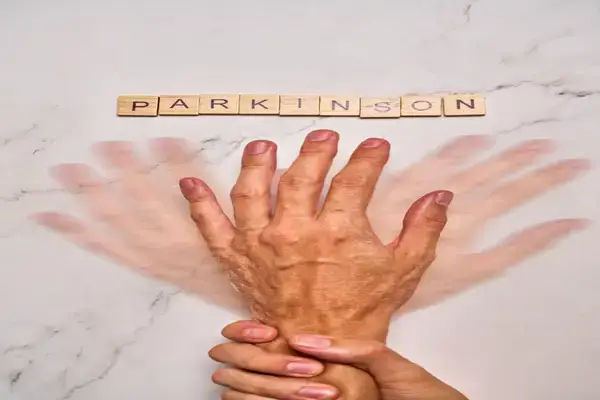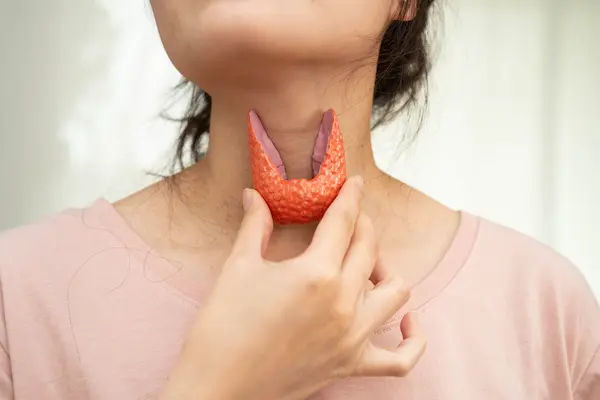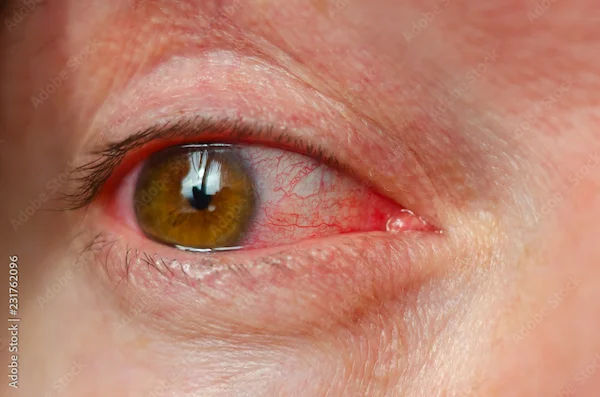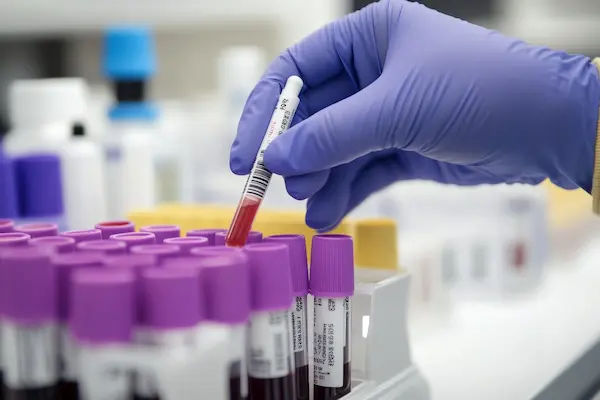Joint Pain: Causes, Symptoms and Treatments
Discover the causes, symptoms, and treatment options for joint pain, including tips for managing discomfort and improving joint health.

Written by Dr. Siri Nallapu
Reviewed by Dr. Shaik Abdul Kalam MD (Physician)
Last updated on 31st Aug, 2025

Introduction
Joint pain is a common issue that affects people of all ages. Whether it’s a dull ache, stiffness, or sharp pain, discomfort in the joints can interfere with daily activities and reduce quality of life. Understanding the causes, symptoms, and treatment options can help you manage joint pain effectively.
What Causes Joint Pain?
Joint pain can result from various conditions, injuries, or underlying health issues. Some common causes include:
1. Arthritis – The most frequent cause of joint pain, arthritis includes:
Osteoarthritis (OA): Wear and tear of cartilage due to aging or overuse.
Rheumatoid Arthritis (RA): An autoimmune disorder causing joint inflammation.
Gout: A buildup of uric acid crystals in joints, often affecting the big toe.
2. Injuries – Sprains, fractures, or ligament tears can lead to joint pain.
3. Bursitis – Inflammation of the fluid-filled sacs (bursae) that cushion joints.
4. Tendinitis – Inflammation of tendons connecting muscles to bones.
5. Infections – Bacterial or viral infections (e.g., septic arthritis) can cause joint pain.
6. Lifestyle Factors – Lack of exercise, obesity, poor posture, or repetitive movements can contribute to joint discomfort.
Consult a Rheumatologist for the best advice
Symptoms of Joint Pain
Joint pain can manifest in different ways, depending on the cause. Common symptoms include:
Pain (sharp, dull, or throbbing)
Stiffness, especially in the morning or after inactivity
Swelling and redness around the joint
Warmth or tenderness when touched
Reduced mobility or difficulty moving the joint
Clicking or grinding sensations (common in osteoarthritis)
If joint pain is severe, persistent, or accompanied by fever, unexplained weight loss, or deformity, consult a doctor immediately.
How Joint Pain Affects Health
Chronic joint pain can impact daily life in several ways:
Limited mobility makes simple tasks like walking or climbing stairs difficult.
Sleep disturbances due to discomfort.
Mental health effects, including stress, anxiety, or depression.
Reduced physical activity, leading to weight gain and muscle weakness.
Early diagnosis and treatment can prevent long-term damage and improve quality of life.
Treatment Options for Joint Pain
Treatment depends on the cause and severity of pain. Common approaches include:
1. Medications
Pain Relievers – Over-the-counter (OTC) drugs like acetaminophen or ibuprofen.
Topical Creams/Gels – Anti-inflammatory creams for localized pain.
Prescription Medications – For severe arthritis or autoimmune conditions.
2. Physical Therapy
Strengthening exercises to improve joint support.
Stretching to enhance flexibility.
Low-impact activities like swimming or yoga.
3. Lifestyle Changes
Weight Management – Reducing excess weight lowers stress on joints.
Balanced Diet – Anti-inflammatory foods (fruits, vegetables, fish, nuts) help.
Proper Posture – Reduces strain on joints.
4. Home Remedies
Hot/Cold Therapy – Ice packs reduce swelling; heat relaxes stiff joints.
Rest & Elevation – Helps in recovery from injuries.
5. Surgical Options
Joint Replacement – For severe arthritis cases.
Arthroscopy – Minimally invasive surgery for joint repair.
When to See a Doctor?
Consult a healthcare provider if:
Pain lasts more than a few days.
There’s severe swelling, redness, or warmth.
You experience sudden joint deformity.
Pain interferes with daily activities.
If you're experiencing persistent joint pain, consider booking a consultation with a specialist through Apollo 24|7 for expert advice and personalized treatment.
Final Thoughts
Joint pain is manageable with the right approach. Early diagnosis, a healthy lifestyle, and proper treatment can help you stay active and pain-free. Listen to your body, stay active, and seek medical help when needed.
Consult a Rheumatologist for the best advice
Consult a Rheumatologist for the best advice

Dr Beenish Nazir
Rheumatologist
12 Years • MBBS, DNB, Fellowship in Rheumatology (Guy’s and St Thomas’ UK)
Bengaluru
Apollo Hospitals Sheshadripuram, Bengaluru

Dr. Anand Ravi
General Physician
2 Years • MBBS
Bengaluru
PRESTIGE SHANTHINIKETAN - SOCIETY CLINIC, Bengaluru

Dr. Thorana Prakash M
General Physician
2 Years • MBBS
Bengaluru
PRESTIGE SHANTHINIKETAN - SOCIETY CLINIC, Bengaluru

Dr. Ramesh Ramamoorthy
Rheumatologist
20 Years • MD (Internal Medicine), DM (Rheumatology)
Chennai
Apollo Hospitals Greams Road, Chennai

Dr. Ramineni Naga Tejaswini
Rheumatologist
3 Years • MBBS, DNB(Internal Medicine), DrNB ( Clinical Immunology and Rheumatology)
Hyderabad
Apollo Hospitals Jubilee Hills Hyderabad, Hyderabad




